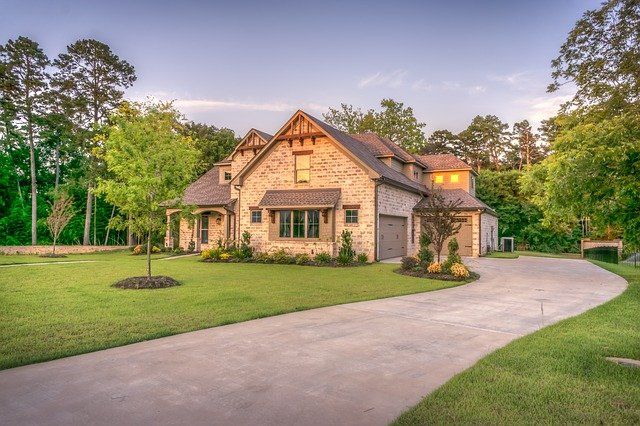With an interest-only mortgage, your monthly payments only cover the interest due, making no payment towards the capital. This means that you will always owe the same amount, assuming interest payments are kept up to date throughout the term of the mortgage. You will need to have alternative arrangements to avoid the property having to be sold at the end of the term.
Typically clients taking out this type of mortgage will also invest in an investment scheme, such as an endowment, OIEC, stocks and shares ISA, or Unit Trust/OEIC, with the assumption that over time, capital will grow within it to eventually provide enough value to repay the mortgage. Future windfalls or lump sums expected from pensions or inheritance can also be used when a person cannot afford to repay the capital in the short term.
This type of mortgage is common when buying property to let out. The Buy-to-Let mortgage relies upon the growth in the property value to provide both enough capital to repay the mortgage when eventually sold, and hopefully, a profit.


